
FRONTIERS OF PREVENTION 2024
International ForumSince 2017, Frontiers of Prevention, I-GMAP’s annual international forum, has brought academic researchers and prevention practitioners from governments, international organizations, and civil society to Binghamton’s Downtown Campus for two days of conversation, sharing notes and experiences, and forming new professional connections and networks.Unlike more familiar academic conferences, Frontiers of Prevention has a workshop format. Over the meeting's two days, several extended thematic sessions, without formal presentations, allow participants and audience members to explore topics in depth, to make connections among different thematic panels, and to pursue collaborations and test new ideas.Frontiers of Prevention includes the annual Nadia Rubaii Prize and Lecture, recognizing an atrocity prevention practitioner of exceptional courage, compassion, and dedication. Conference participants and guests are warmly invited to attend.
L O C A T I O NFrontiers of Prevention takes place in the Binghamton University Downtown Center (UDC). This is Binghamton's single-building downtown campus, and is not to be confused with Binghamton University's main (Vestal, NY) campus, which is located approximately five miles west of Binghamton, NY.UDC Address: 67 Washington St, Binghamton, NY 13902The conference will be live streamed for those who are not able to attend in person. Please use the Live Stream Registration link to register. Please be sure to follow our Facebook, and Twitter pages to stay up to date.
T R A V E L T O B I N G H A M T O NTravel By Air:
The Greater Binghamton Airport (BGM) is currently serviced by Delta and Avelo. Delta offers daily flights to NYC for connections, but times and seats are very limited.If you are planning to fly on Delta Airlines to Binghamton, the trip via taxi or Uber/Lyft from Greater Binghamton Airport to the University Downtown Center and Conference Hotel should cost around $30.00.You may also plan to fly into either Syracuse Airport (SYR) or Ithaca Airport (ITH). Both of these have jet service from multiple airlines. Both Syracuse and Ithaca airports are approximately one hour by car from Binghamton.Travel By Bus:
Shortline Bus Company and Greyhound offer regular bus service from New York City's Port Authority Bus Terminal to Binghamton. The travel time is approximately 3.5 hours.Travel By Car:
Travel time by car from New York City or Philadelphia is approximately 3 hours; from Boston approximately 4.5 hours, and from Washington D.C. approximately 5 hours.
H O T E LThe official hotel for Frontiers of Prevention is the DoubleTree by Hilton Hotel, located in downtown Binghamton:DoubleTree by Hilton Hotel Website
Phone number: (+1) 607.722.7575.
Address: 225 Water Street, Binghamton, New York 13901.Please mention "Frontiers of Prevention" for the special conference rate.
Frontiers of Prevention 2024 Program
Unless otherwise noted, all events take place at the Binghamton University Downtown Center, 2nd Floor, Room 220.FRIDAY, APRIL 12th9:00 AM – 9:30 AM
Official Welcome
Harvey Stenger, President, Binghamton University
Kerry Whigham and Max Pensky, Co-Directors, I-GMAP9:30 AM – 11:00 AM
The Global Assault on LGBTQ+ Rights
Farida Akram Mostafa, Protection Approaches, UK
Yarrow Brown, Founder, Southern Tier Trans Advocacy
Mauricio Coitiño, Consultant on LGBTI Rights and Public Policy, Uruguay
Frank Mugisha, Executive Director, SMUG Uganda
Moderator: Kerry Whigam, Co-Director, I-GMAP11:00 AM – 11:30 AM
Coffee Break, 2nd Floor Atrium11:30 AM –1:00 PM
Safer Havens: Collaborating for Better Protection for Colombia’s
Venezuelan Population
Eugenia Carbone, Auschwitz Institute for the Prevention of Genocide and Mass Atrocities
Nery Santaella, Voices of Venezuela
Amy Taylor, International Refugee Assistance Project
Moderator: Max Pensky, Co-Director, I-GMAP1:00 PM – 2:30 PM
Lunch, 2nd Floor Atrium2:30 PM – 4:00 PM
The Genocide Convention at the International Court of Justice: Appraising
The Gambia v Myanmar, Ukraine v Russia, and South Africa v Israel
Kate Ferguson, Protection approaches, UK
Alex Hinton, Rutgers University
Jocelyn Getgen Kestenbaum, Cardozo Law School, Yeshiva University
Moderator: Max Pensky, Co-Director, I-GMAP4:00 PM – 4:30 PM
Coffee Break, 2nd Floor Atrium4:30 PM - 5:00 PM
Transfer by bus from UDC to Main Campus5:00 – 7:00 PM
The Nadia Rubaii Memorial Prize Lecture, Lecture Hall 2
Frank Mugisha, Executive Director, SMUG Uganda
The Criminalization of Homosexuality in Africa and Its Ripple EffectsSATURDAY, APRIL 13th9:00–10:30 AM
Generative AI, Online Misinformation, and Risks of Political Violence in Key 2024 Elections
Heather Ashby, former Associate Director, Project on AI and Disruptive Technologies, USIP
Rhiannon Nielsen, Center for International Security and Cooperation, Stanford University
Chinasa Okolo, The Center for Technology Innovation, Brookings Institution
Zeve Sanderson, The Center for Social Media and Politics
Moderator: Max Pensky, Co-Director, I-GMAP10:30–11:00 AM
Coffee Break, 2nd Floor Atrium11:00 AM–12:30 PM
Assessing the Office of the Special Advisors to the UN Secretary-General
Ernesto Verdeja, University of Notre Dame
Kristina Hook, Kennesaw State University
Karen Smith, Leiden University, Former Special Advisor to the UN
Secretary-General on the Responsibility to Protect
Gwendolyn Whidden, Oxford University12:30–2:00 PM
Lunch, 2nd Floor Atrium2:00–3:30 PM
Memory and Reconciliation After Genocide? A Critical Conversation Marking the 30th Anniversary of the Beginning of the Rwandan Genocide
Claude Gatebuke, Executive Director, African Great Lakes Action Network
Nicole Fox, California State University, Sacramento
Nicolas Habarugira, I-GMAP, Community-Based Sociotherapy, Rwanda
Hollie Nyseth Nzitatira, the Ohio State University4:00–5:30 PM
Disaster, Displacement, and the Destruction of Cultural Heritage in MENA
Morad al Sana, American University
Sule Can, Binghamton University
Tim Slade, Independent Filmmaker
Ammar Azzouz, Oxford University5:30 PM
Closing Reception, 2nd Floor Atrium
L I V E S T R E A MWhile this year's conference will be held as an in-person event, we will be offering a livestream option as we welcome our expanding global audience. All times displayed will be in Eastern Daylight Time (EDT). We will be sending out a link to our livestream through our Facebook, Twitter and to our subscribers on our mailing list.Please use the Live Stream Registration button below to register.
2024 NADIA RUBAII MEMORIAL PRIZE AND LECTUREEvery April in conjunction with Frontiers of Prevention, I-GMAP holds the annual Nadia Rubaii Memorial Prize and Lecture, in memory of our late founding director. We bring in an internationally visible figure in the global struggle for rights, dignity and justice, whose courage and compassion exemplify Nadia's work and character.For the 2024 prize, I-GMAP and Binghamton are honored to recognize the courageous LGBTQ+ activist and human rights defender, Ugandan Frank Mugisha. As the founding Executive Director of Sexual Minorities of Uganda, Frank's work on behalf of Uganda's LGBTQ+ community, one of the most persecuted in the world, has set an example for human rights defenders and activists around the world. At enormous personal risk, Frank has been resolute in fighting for the rights, the dignity, and the physical security of LGBTQ+ people, a fight that is more important now than ever, with Uganda's national legislature having passed new legislation making being a gay person a crime punishable by the death penalty.We hope you can join us for the public ceremony where Frank will receive the 2024 Nadia Rubaii Memorial Prize, and deliver his acceptance speech: "The Criminalization of Homosexuality in Africa and its Ripple Effects."The event takes place on Friday April 12, at 5:00 PM, in Lecture Hall 2 on Binghamton University's main campus. It is free and open to the public, and no registration is required.
participants
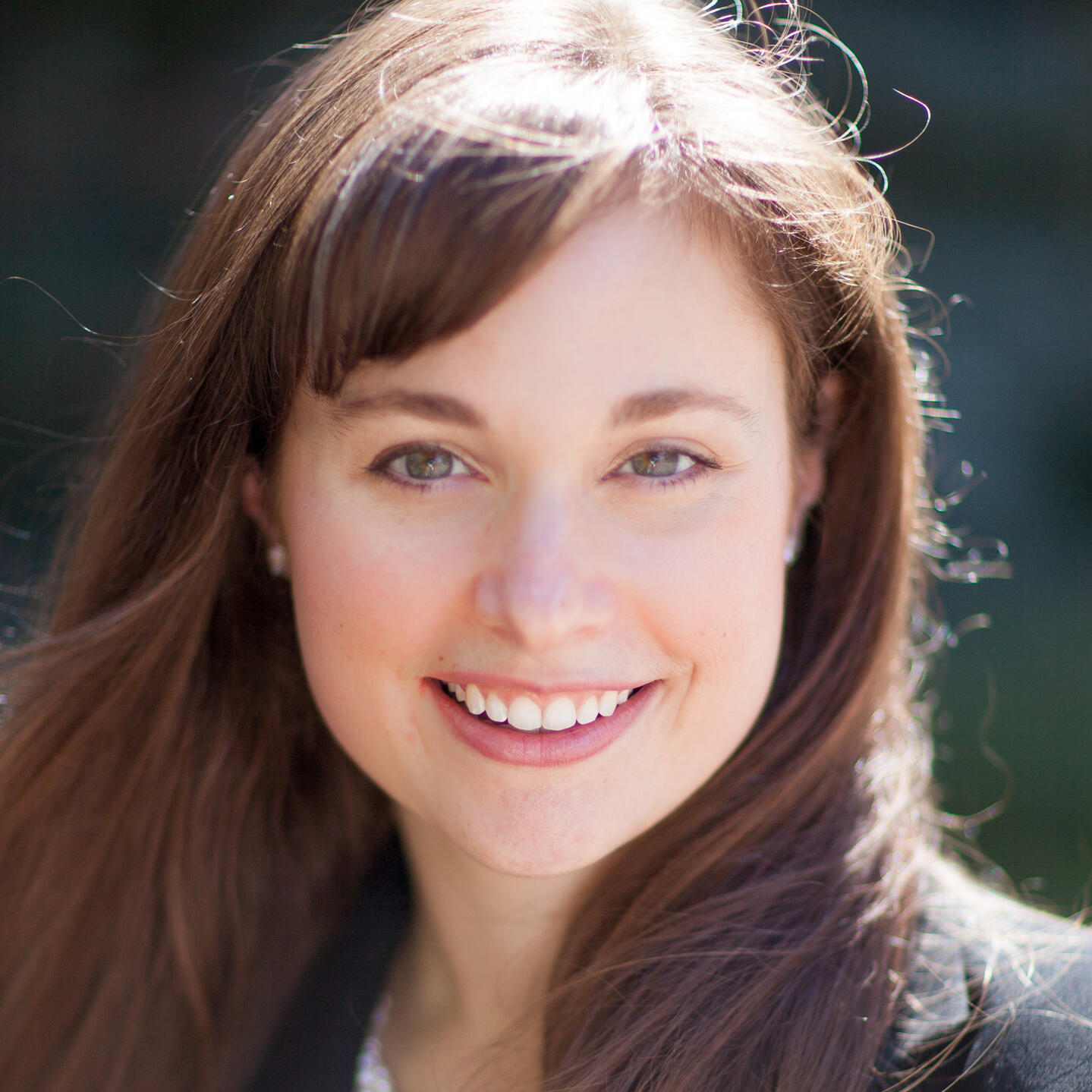
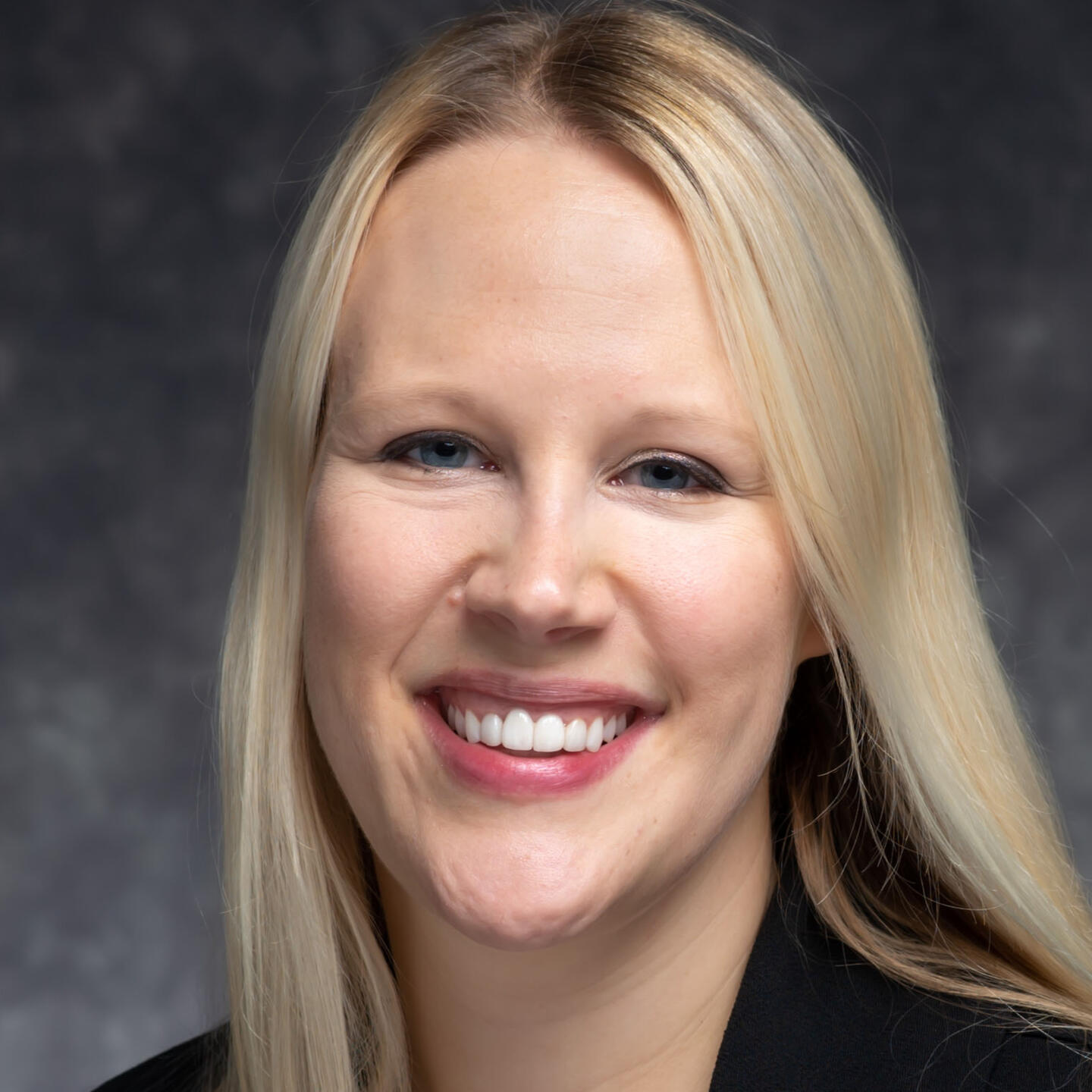
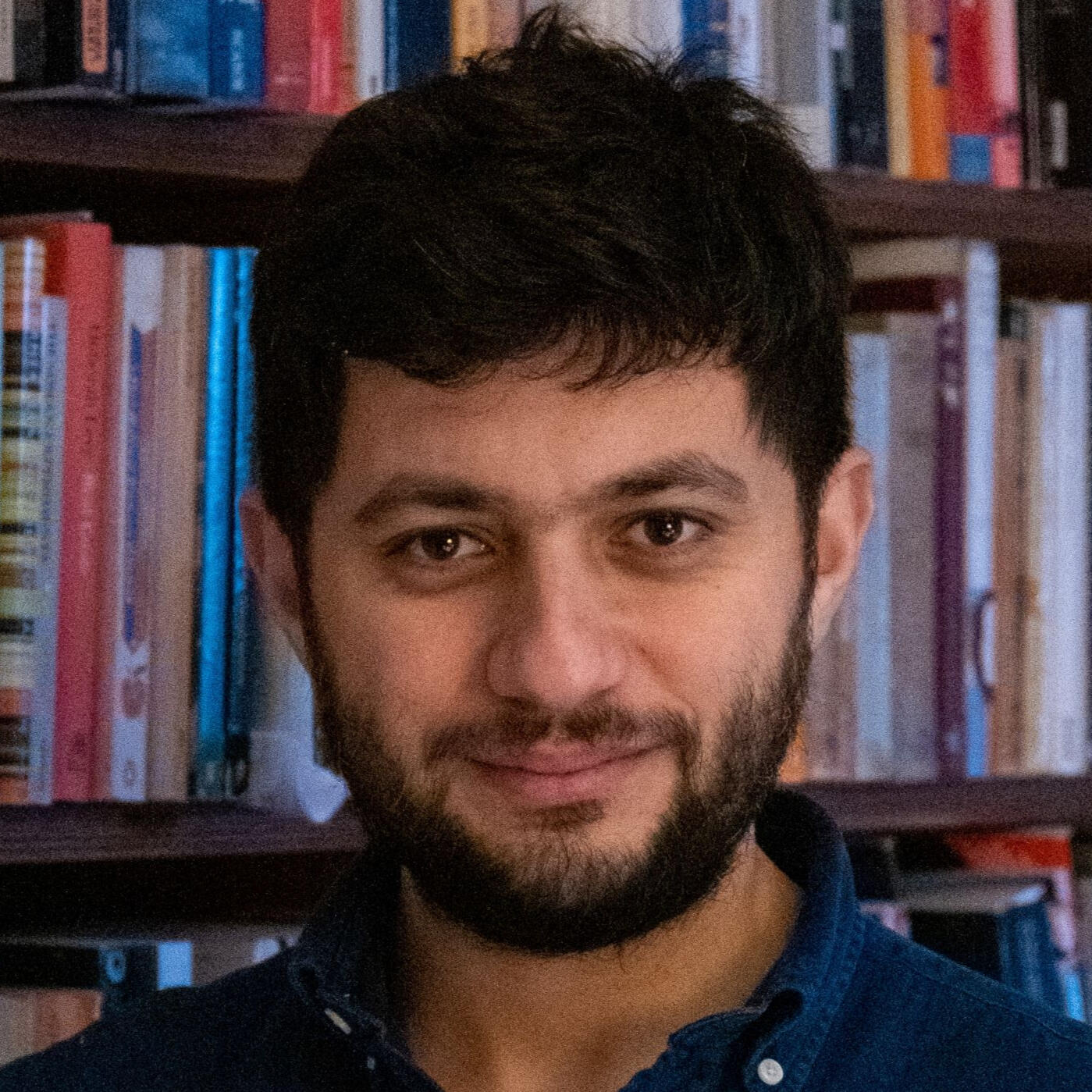
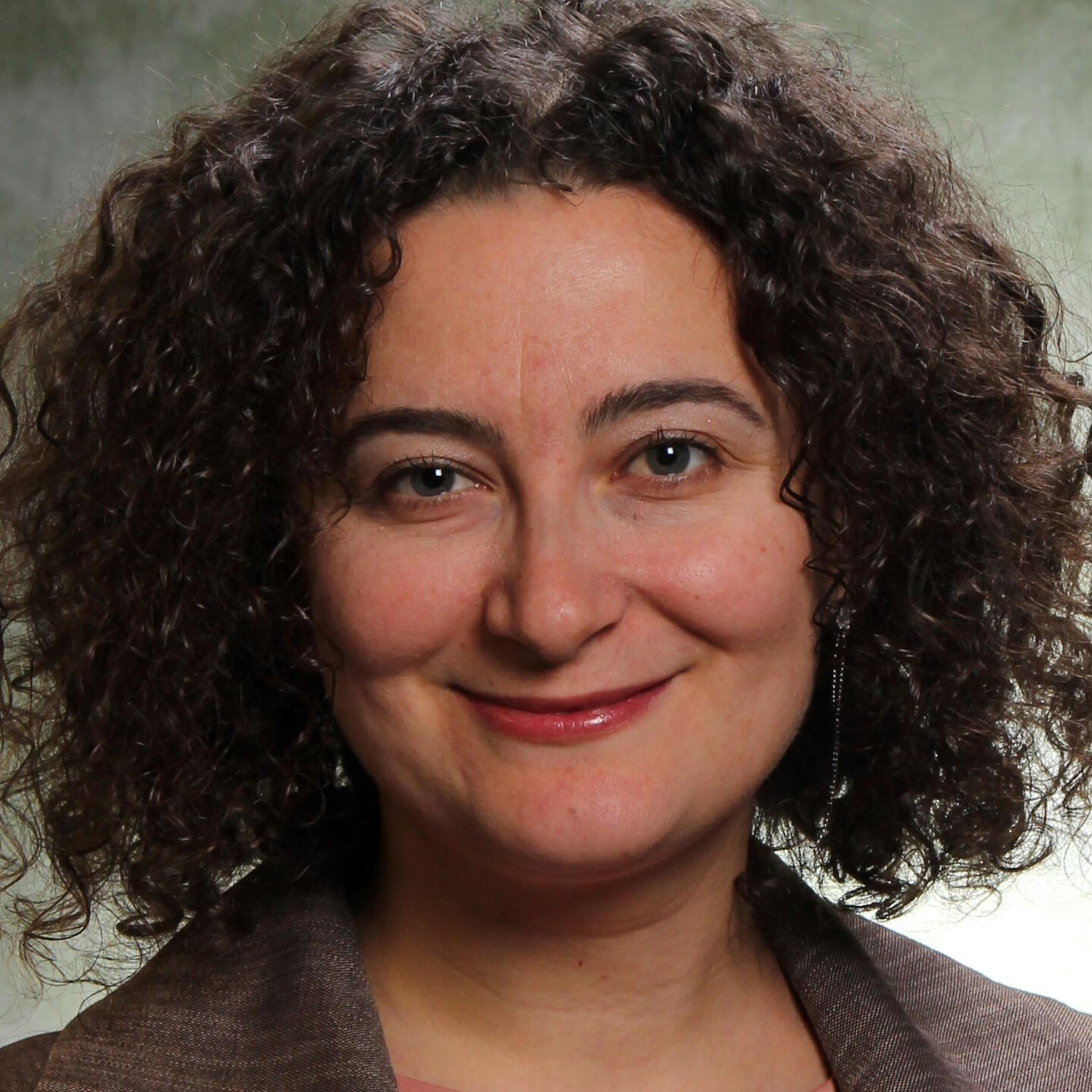
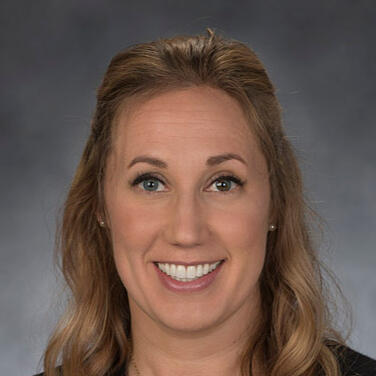
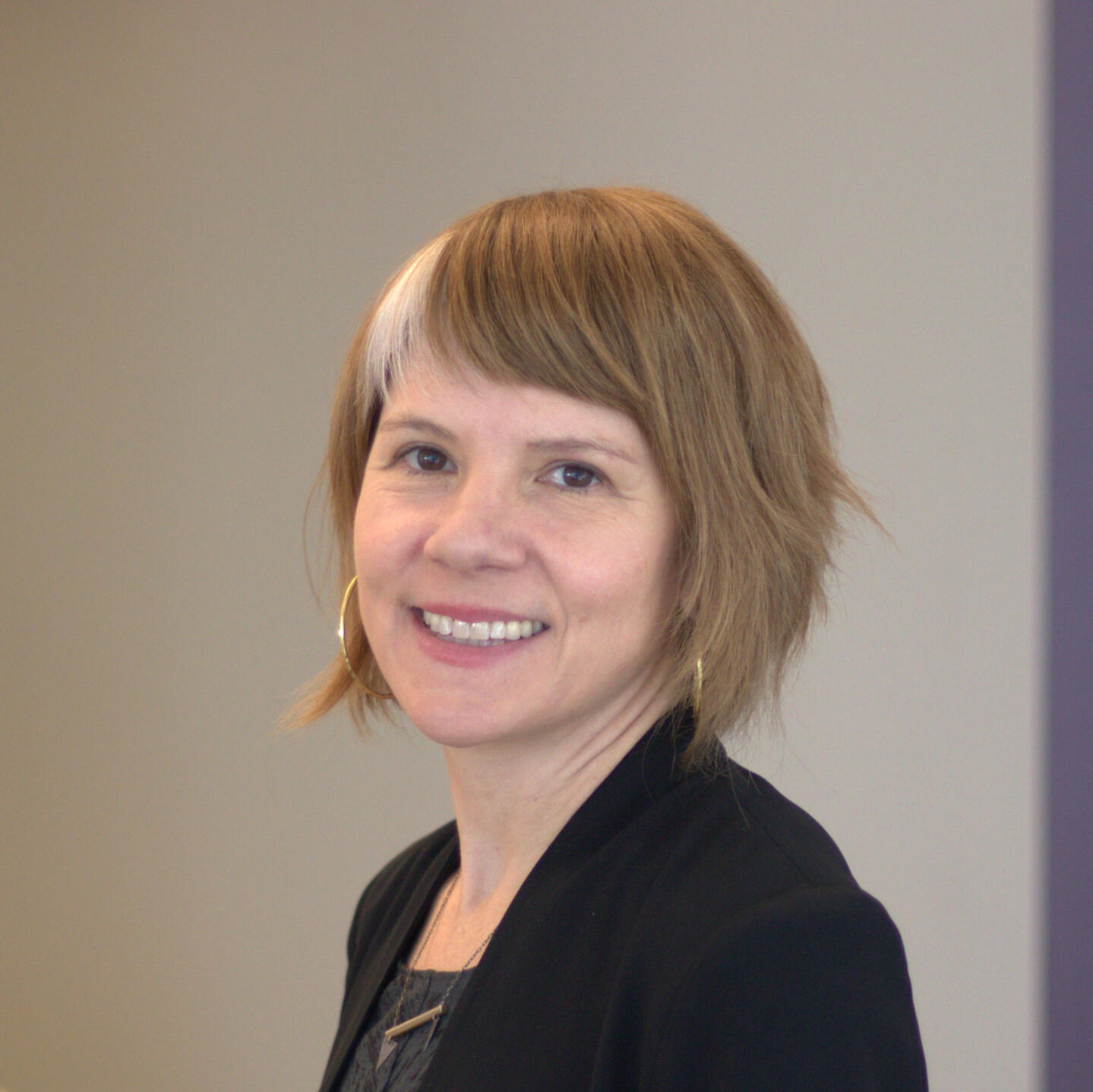
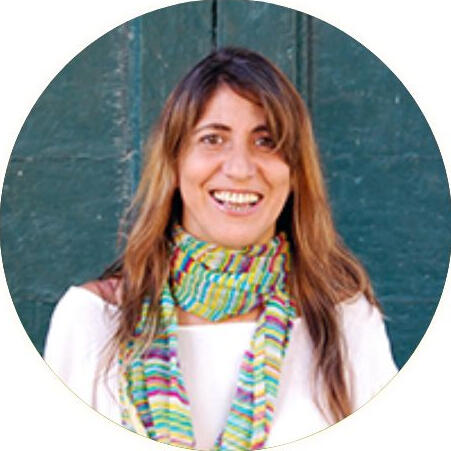
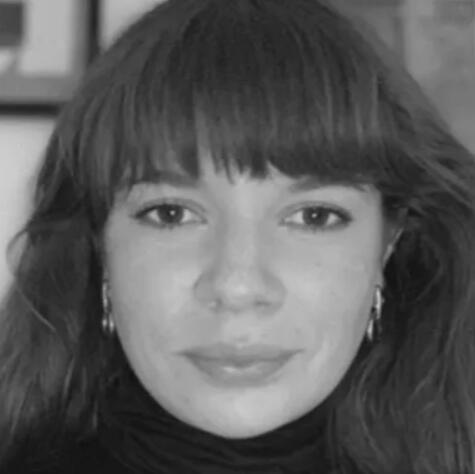

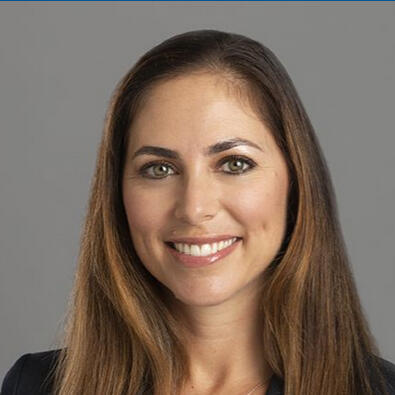
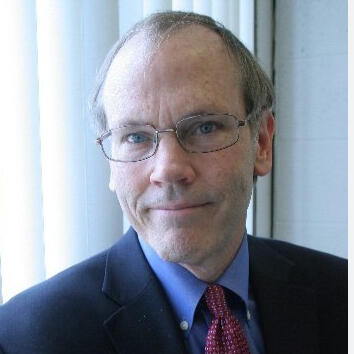
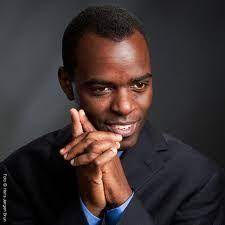
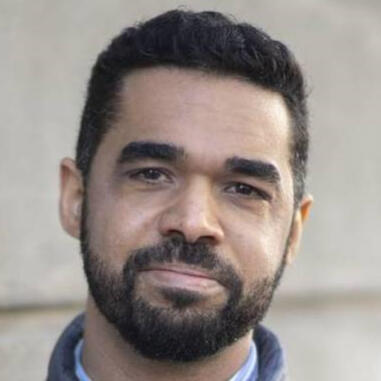
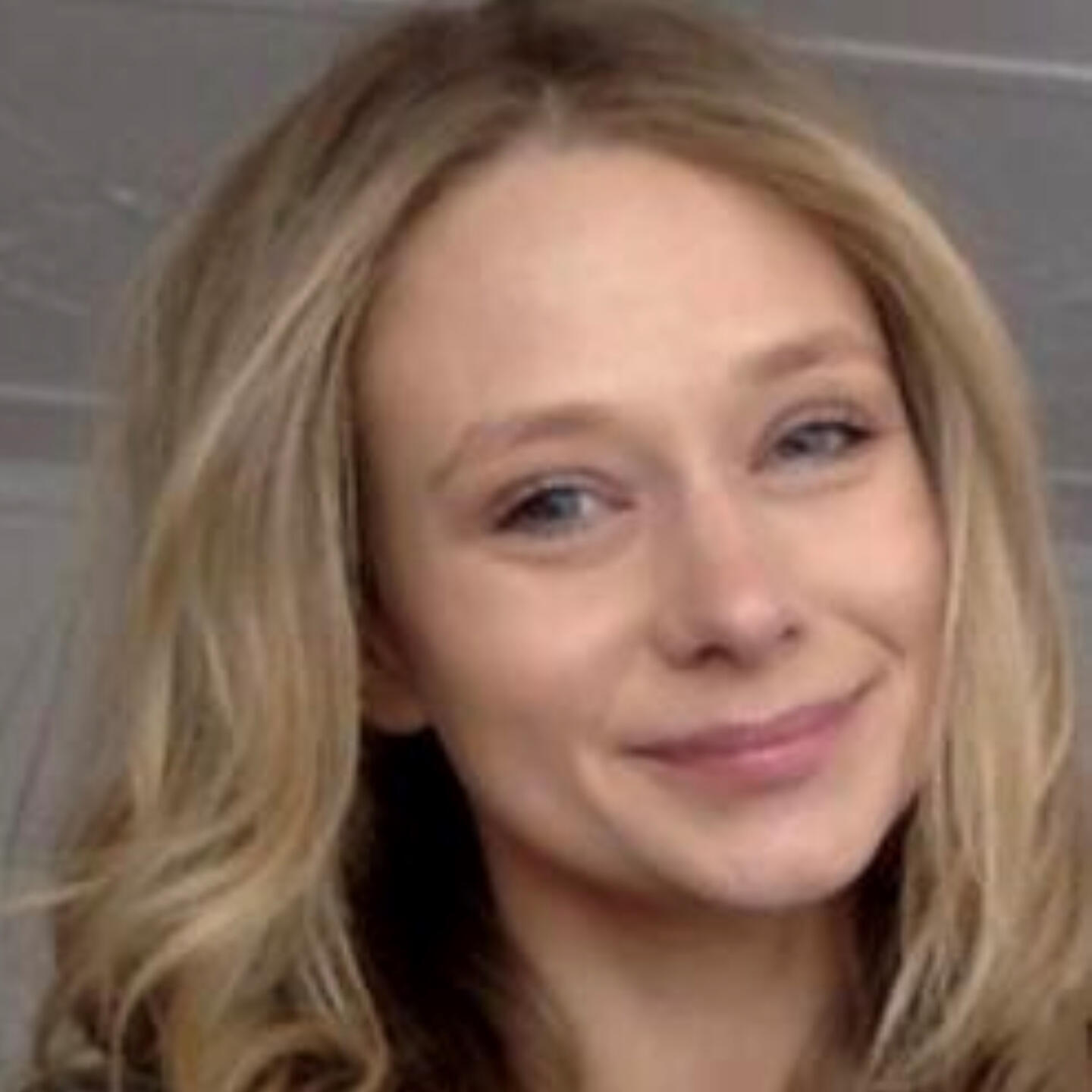
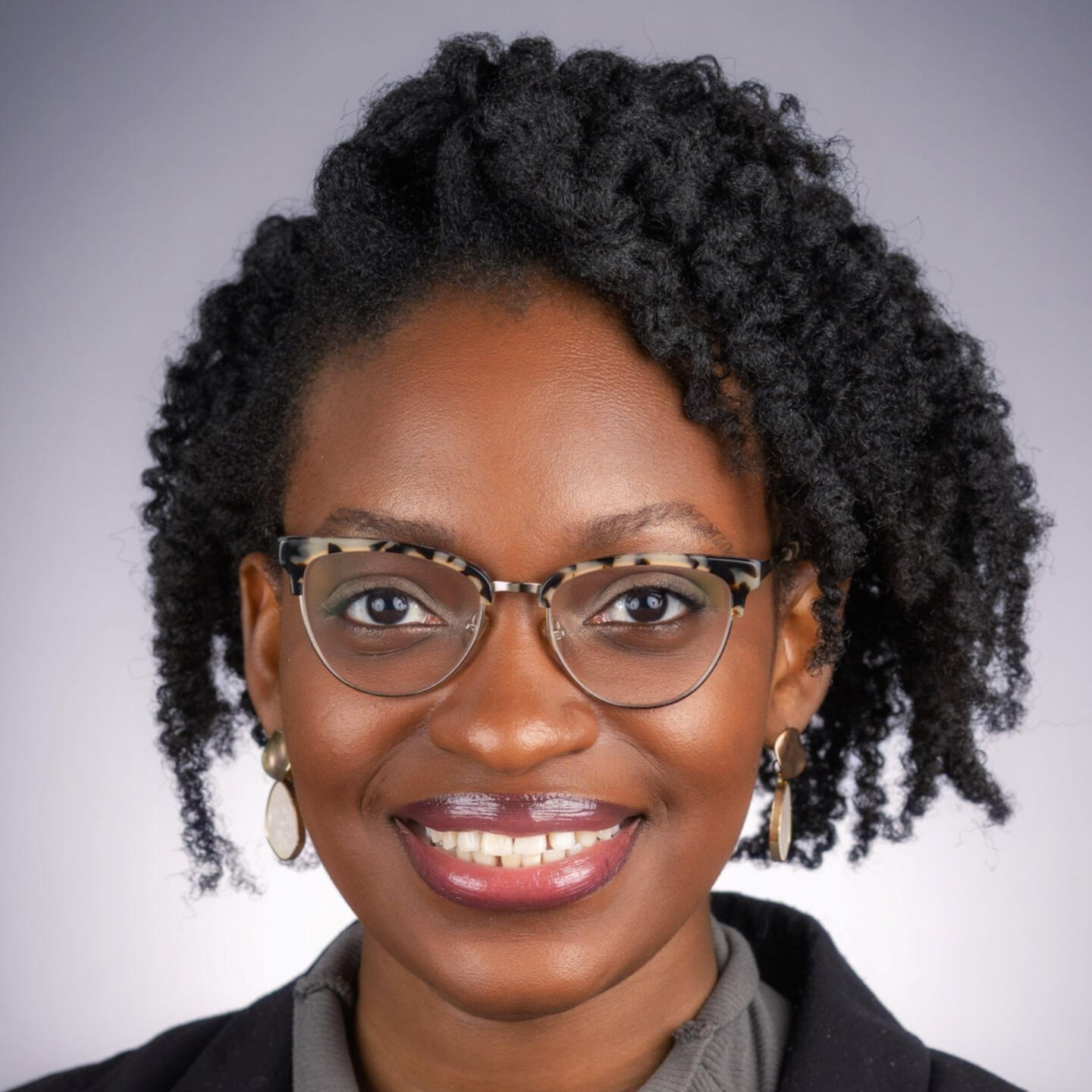
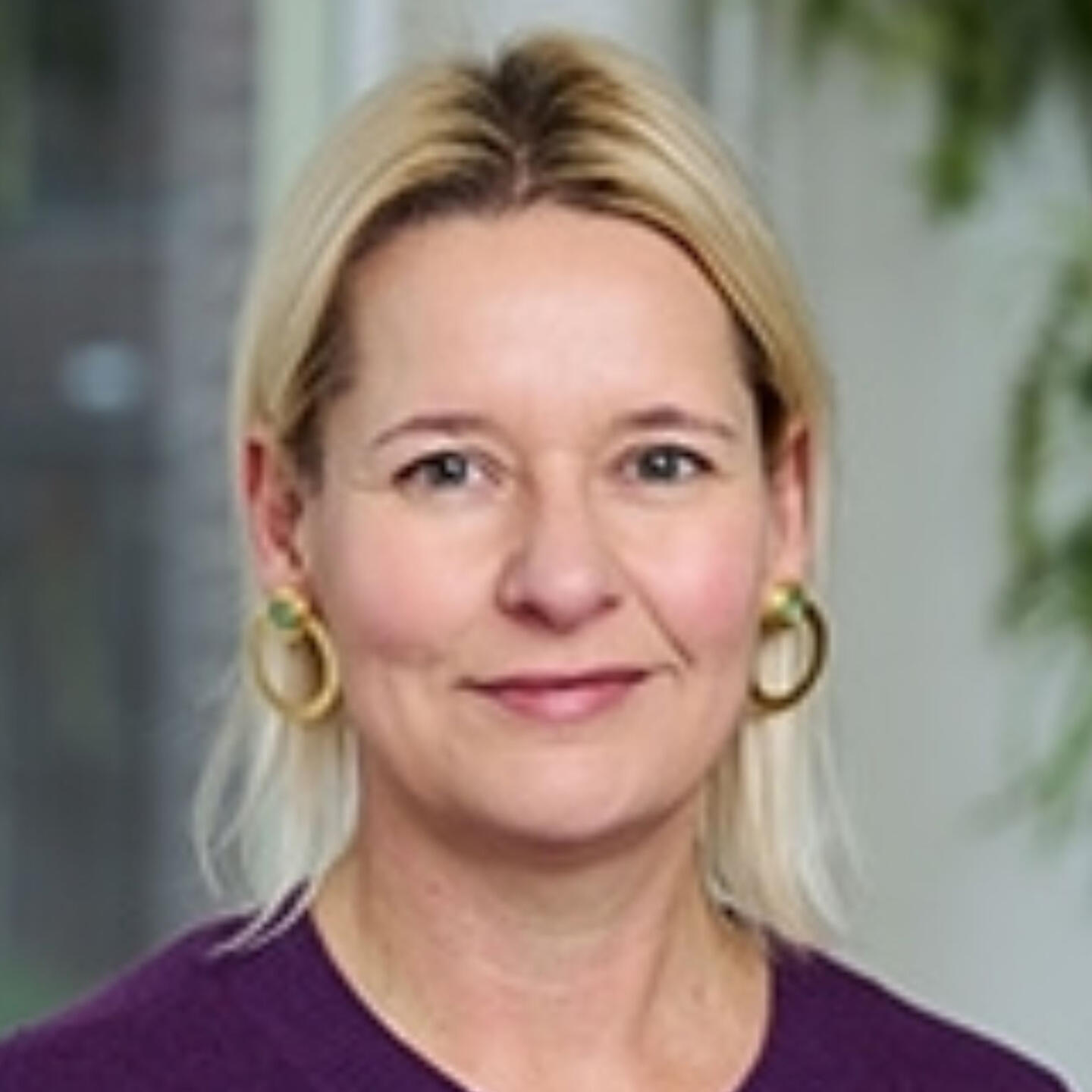
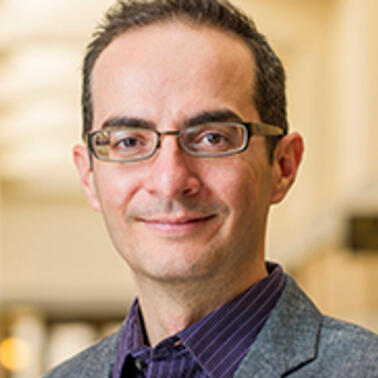
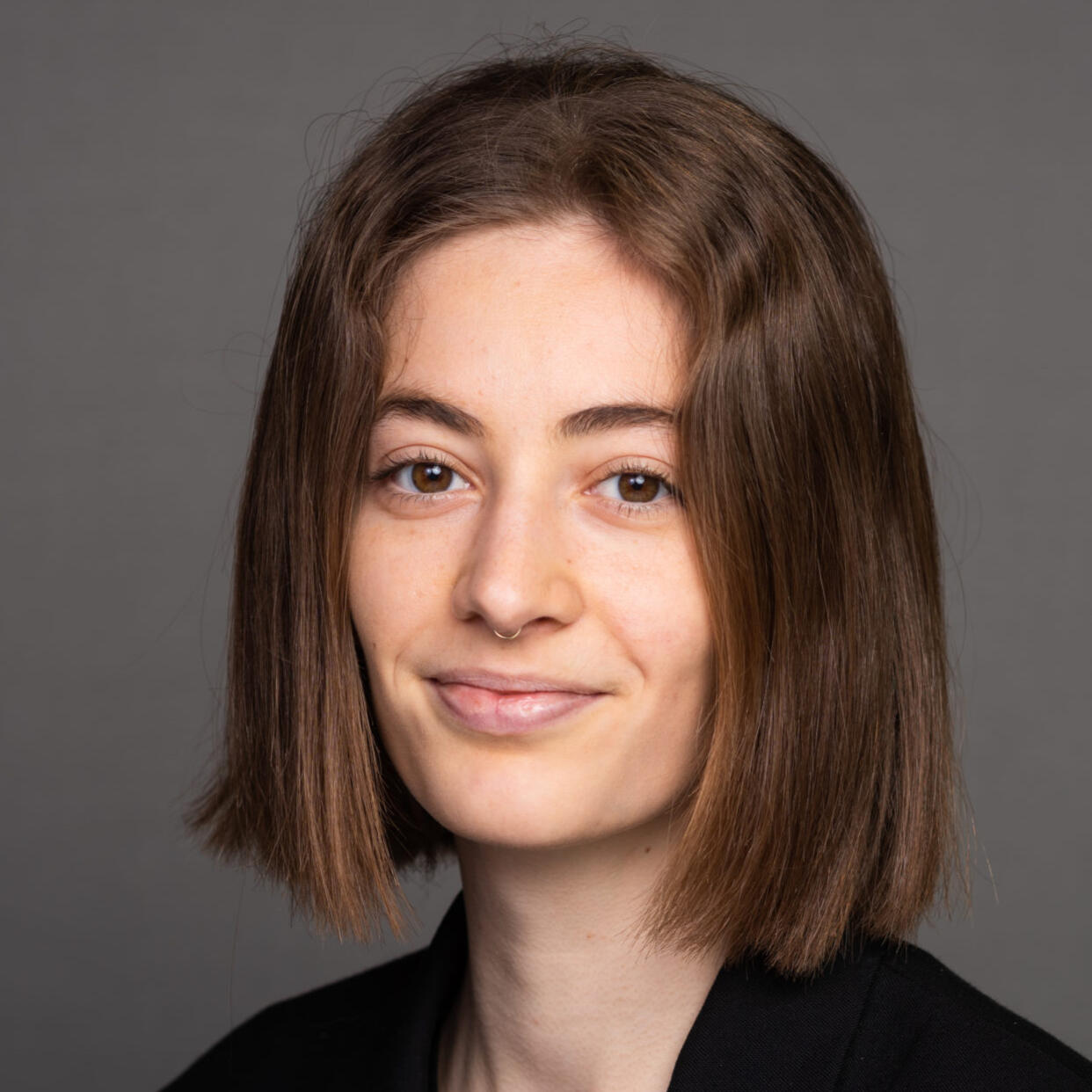
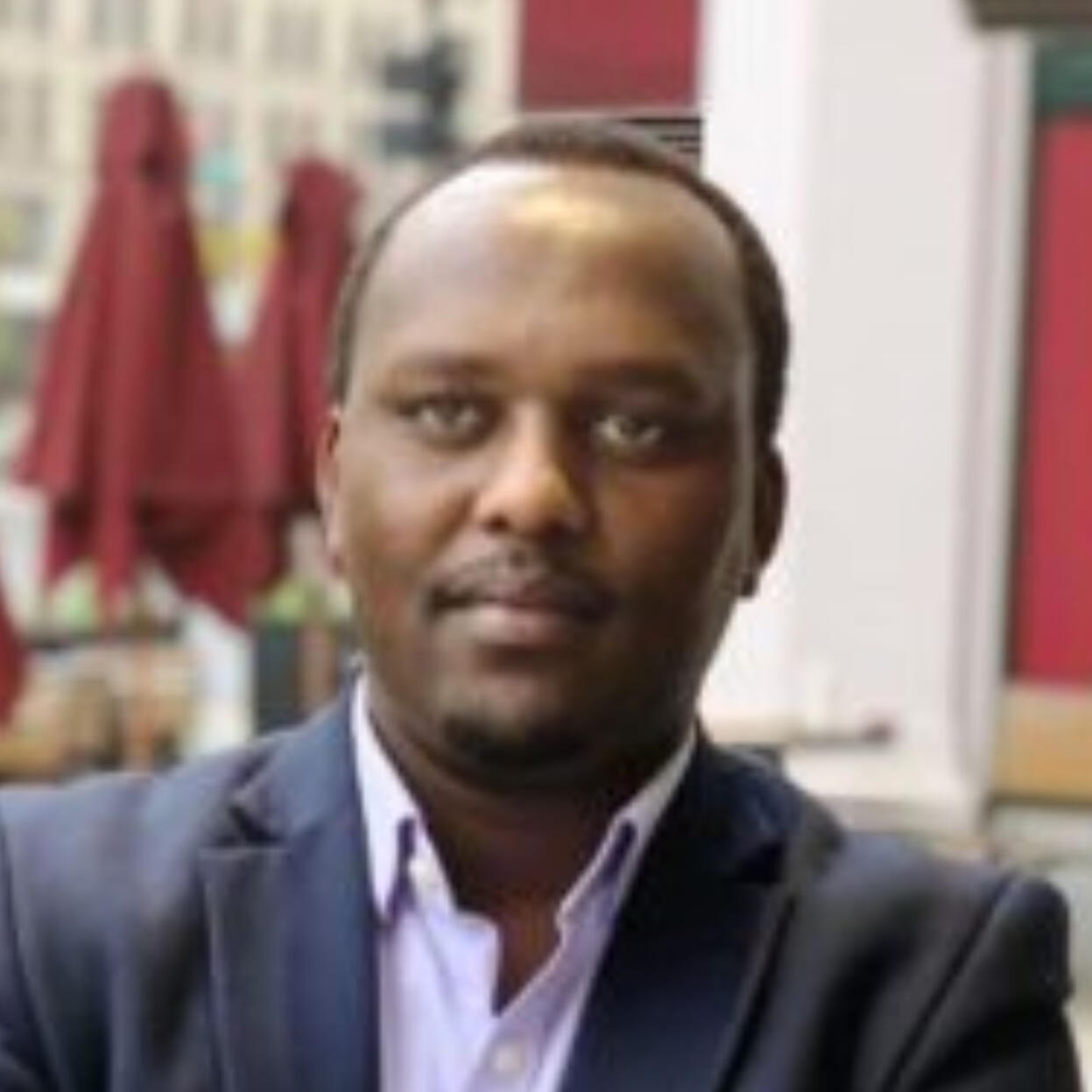
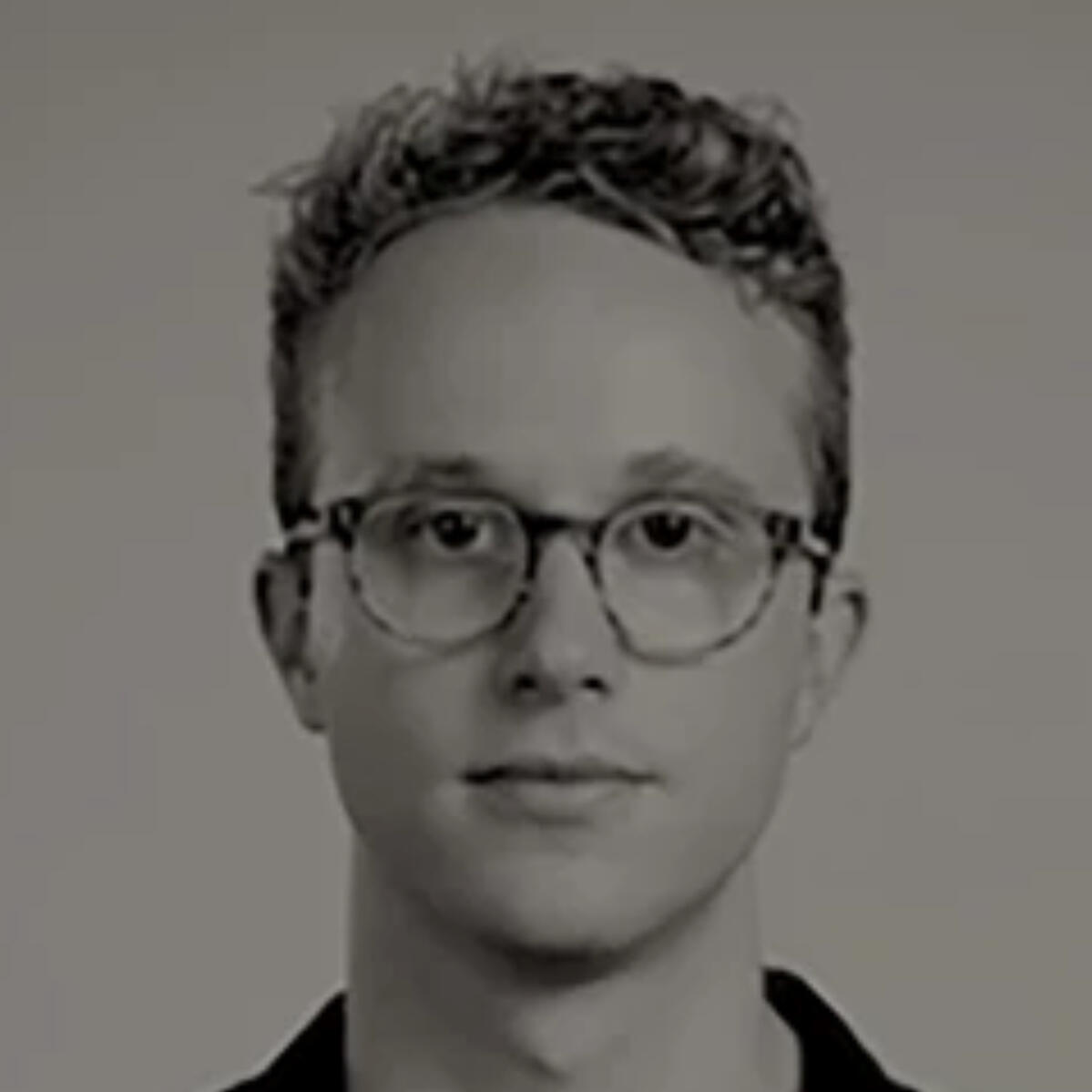
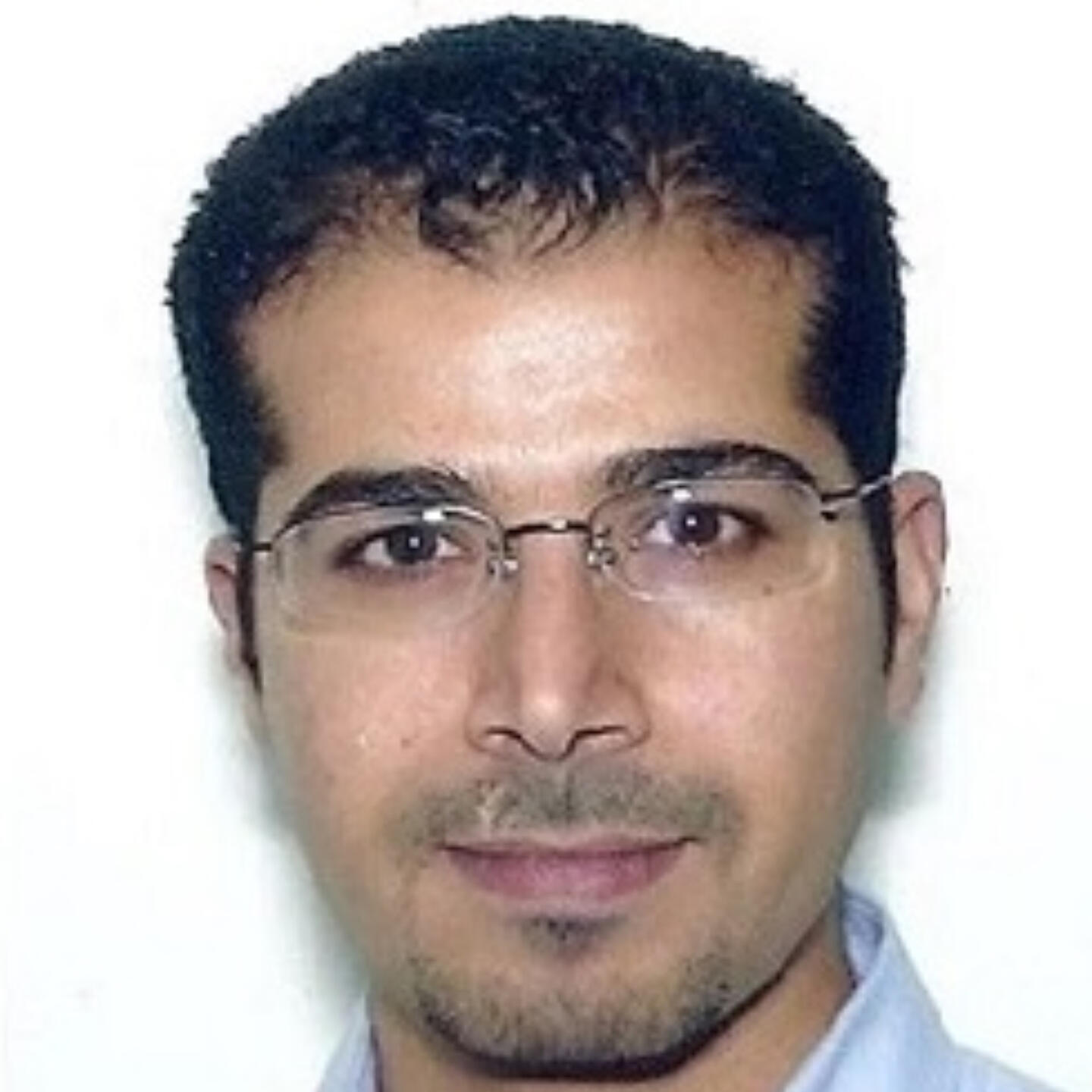
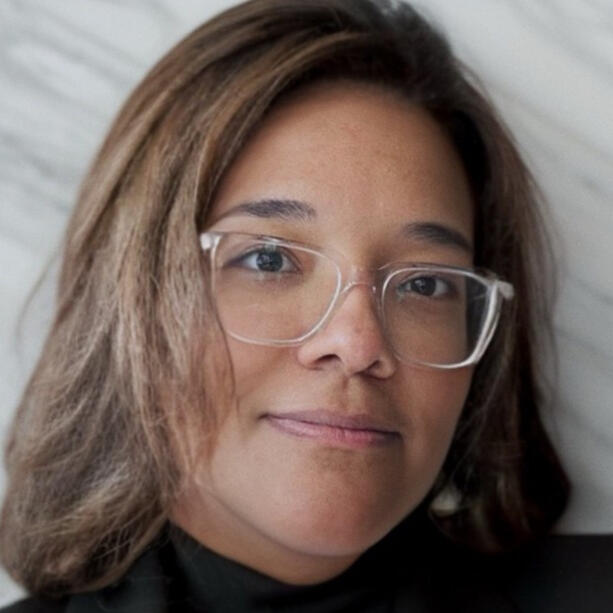
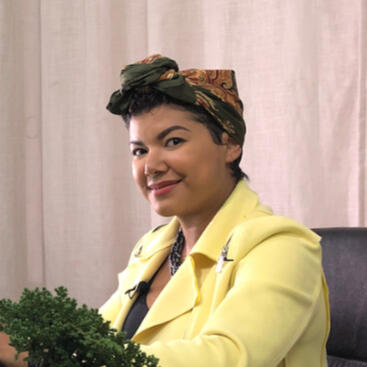
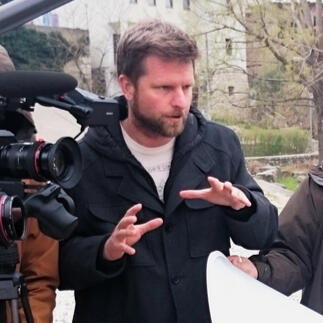
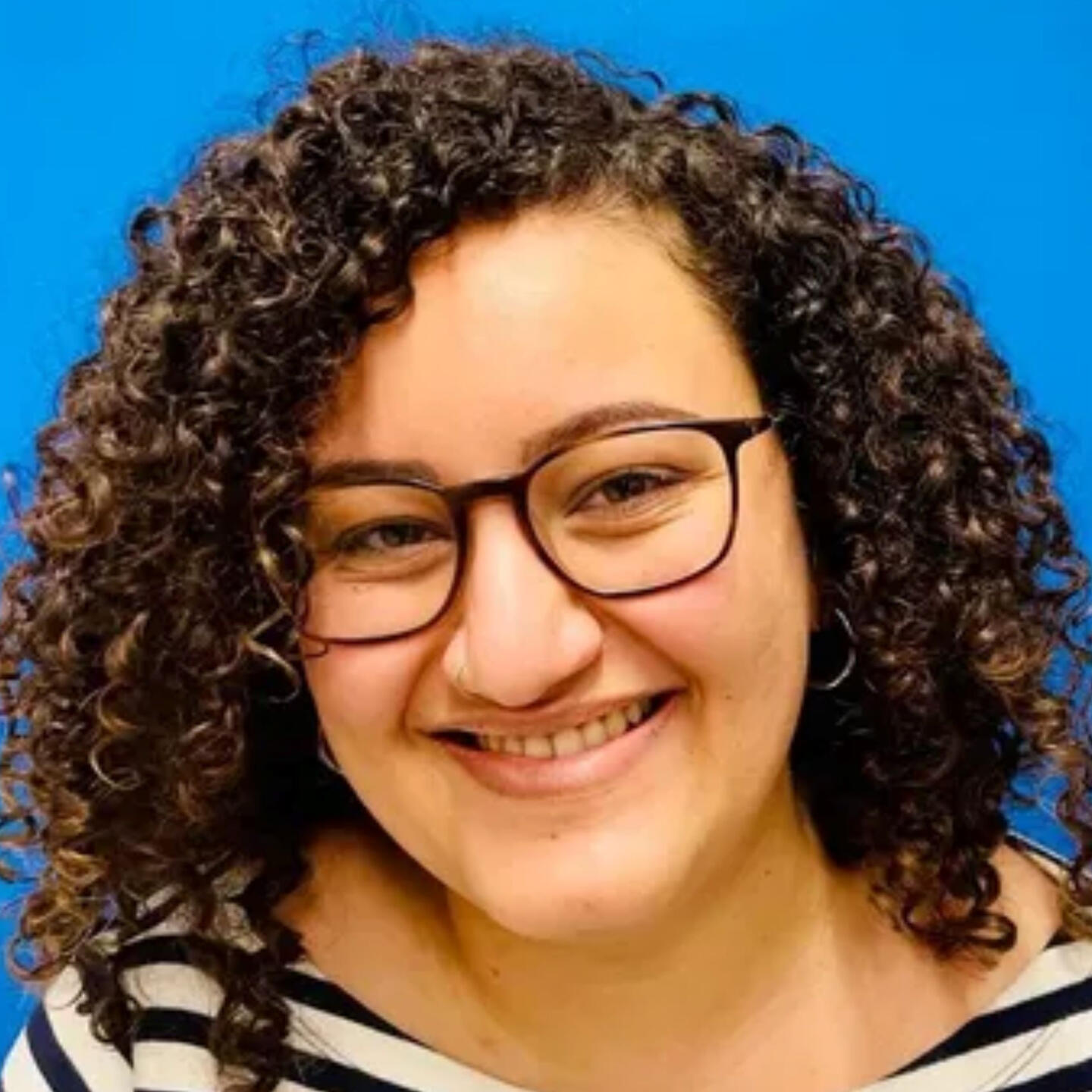

Dr. Kristina Hook, Assistant Professor of Conflict Management at Kennesaw State University’s School of Conflict Management, Peacebuilding, and Development, is an anthropologist and scholar-practitioner specializing in civilian protection and the prevention of genocides and mass atrocities. With expertise in Ukrainian national identity and Ukrainian-Russian relations, she has conducted extensive fieldwork in Ukraine since 2015 and is authoring a book on the Ukrainian Holodomor and the Russia-Ukraine war. Her work, supported by prestigious fellowships including Fulbright, has been featured in prominent publications such as Foreign Affairs, CNN, and The Washington Post. Kristina holds a joint PhD in anthropology and peace studies from the University of Notre Dame and has served in various advisory roles, including as a U.S. Department of State policy advisor and as a nonresident senior fellow at the Atlantic Council's Eurasia Center. She is also the Principal Author of the expert report, "The Russian Federation's Escalating Commission of Genocide in Ukraine: A Legal Analysis," published in July 2023 by the New Lines Institute and Raoul Wallenberg Centre for Human Rights.
Dr. Hollie Nyseth Nzitatira is an Associate Professor of Sociology at Ohio State. She has published over 60 peer-reviewed articles and book chapters about genocide, transitional justice, and human rights. She is currently finalizing a book (with Oxford University Press) on the reintegration of Rwandans who were incarcerated for committing genocide. Dr. Nyseth Nzitatira is the 2023 recipient of the International Association of Genocide Scholars Engaged Scholar Award and regularly consults with museums and nonprofits regarding genocide education and prevention. She is the co-editor of the Oxford Handbook of Atrocity Crimes and the Editor in Chief of the International Association of Genocide Scholars Policy Brief Initiative. Dr. Nyseth Nzitatira also conducts atrocity forecasting for the U.S. government and runs an education abroad program in Rwanda.
Ammar Azzouz is a Research Fellow at the School of Geography and the Environment, University of Oxford. He is the Principal Investigator of Slow Violence and the City, a research project that examines the impact of violence on the built environment at the time of war and peace. His research has been published by several platforms including The Guardian, the New York Times and the New Statesman. He is the author of Domicide: Architecture, War and the Destruction of Home in Syria (Bloomsbury, 2023).
Şule Can is a socio-cultural anthropologist who currently works as an Outreach Coordinator and a Lecturer at the Center for Middle East and North Africa at SUNY/Binghamton University. She obtained her PhD in 2018 from the Department of Anthropology at State University of New York at Binghamton with a Fulbright scholarship. She completed her post-doctoral research on politics of solidarity among the Syrian women in Turkey at the department of Anthropology, University of Waterloo, Canada in 2019. Şule has published various books and articles on anthropology of migration and refugees, displacement, borders, boundaries, and solidarity work in the Middle East. Since the devastating earthquakes that hit Turkey and Syria on February 6, 2023, Şule has been working on the issues of cultural heritage, human rights and reconstruction. She closely collaborates with local and international non-profit organizations such as Architecture Sans Frontieres in the UK, Hatay Earthquake Solidarity Organization and Collective Coordination Center in Turkey.
Nicole Fox, Ph.D., research centers on how racial and ethnic contention impacts communities, including how remembrances of adversity shape social change, collective memory and present-day social movements. She is an Associate Professor of criminal justice at California State University Sacramento where she teaches about atrocity crimes, mass incarceration, global criminology and law. Her 2021 book, After Genocide: Memory and Reconciliation in Genocide, focuses on how memorials to past atrocity shape healing, community development and reconciliation for survivors of genocide and genocidal rape. Her scholarship has been published in Social Problems, Signs, Social Forces, Deviant Behavior, among others. Her work has generously been supported by the Harry Frank Guggenheim Grant, the National Science Foundation, Andrew Mellon Foundation, and others. She also serves on the United Nations Economic and Social Council and contributes to the UN Commission for the Status of Women held annually at the UN headquarters. You can learn more about her by visiting her website here.
Amy Taylor is Deputy Executive Director of Program at the International Refugee Assistance Project (IRAP). In this role, Amy oversees the Legal Services; Pro Bono; Evaluation and Learning; Digital Products, Resources, and Engagement; and Global Partnership Development departments. Prior to joining IRAP, Amy was Co-Legal Director at Make the Road New York (MRNY), an organization that builds the power of immigrant and working class communities to achieve dignity and justice. Amy led a team of fifty attorneys and advocates providing legal services to immigrant New Yorkers. At MRNY, Amy also built a robust federal litigation docket challenging some of the harshest attacks on immigrant communities including the termination of DACA, the proposed citizenship question on the census, and the new public charge rule. Prior to MRNY, Amy founded the Equal Rights Initiative at Legal Services NYC (LSNYC), a civil rights project challenging discrimination facing low-income clients through litigation and policy advocacy. Amy also ran the Language Access Project at LSNYC for many years. Before LSNYC, Amy was the Director of Policy at the New York City Mayor’s Office of Immigrant Affairs.
Maria Eugenia Carbone joined the Auschwitz Institute in 2013. A lawyer, Ms. Carbone specialized in International Public Law at the Universidad de Buenos Aires and also completed a Master’s in Human Rights at the Universidad de La Plata. She was the Coordinator of International Affairs at the Human Rights Secretariat of the Ministry of Justice in Argentina. Previously, she worked in the Ministry of Foreign Affairs/White Helmet Commission, collaborating on the design and implementation of international humanitarian assistance projects. She is an instructor for the Raphael Lemkin Seminar for the Prevention of Genocide as well as various other national and regional-level seminars organized by the Auschwitz Institute. Ms. Carbone also teaches as a Professor of International Relations at the Universidad Nacional de La Matanza. Additionally, since joining AIPG, she has served as the Technical Secretary of the Latin American Network for Genocide and Mass Atrocity Prevention.
Dr Kate Ferguson is an internationally recognised foreign policy expert driving a new approach to preventing mass violence. She is the Co-Executive Director and Head of Policy and Research at Protection Approaches, which she co-founded in 2014 to transform how identity-based violence is understood and so transform how it is prevented. She is Chair of Policy at the European Centre for the Responsibility to Protect and Honorary Research Fellow at the University of East Anglia. Dr Ferguson has trained and advised state representatives, parliamentarians, and law enforcement around the world including on developing national and local atrocity prevention. In 2021 Dr Ferguson was appointed as Specialist Adviser to the International Development Committee for the duration of its inquiry Promoting dialogue and preventing atrocities: the UK government approach. She has a PhD on the dynamics of modern mass atrocities from the University of East Anglia and MPhil in Russian and East European Studies from the University of Oxford. Her book, Architectures of Violence: The Command Structures of Modern Mass Atrocities was published in 2020 by Hurst and Oxford University Press.
Claude Gatebuke is a Rwandan genocide survivor, a civil war survivor, and human rights advocate whose passion for justice transcends boundaries. He has traveled extensively, speaking out, raising awareness about justice, injustice, and other challenges faced by the African Great Lakes. He has spoken out at colleges, universities, churches, community organizations, and conferences. He often makes television and radio appearances, driven by an innate desire to improve the lives of the people living in the African Great Lakes. Claude is a Carl Wilkens Fellow at Genocide Intervention Network, an organization focused on empowering individuals and communities with tools to stop genocide. He is also a member of the African Great Lakes Coalition (AGLC). The AGLC unites over a dozen advocacy organizations with a common vision for a peaceful Great Lakes Region of Africa.
Jocelyn Getgen Kestenbaum is Associate Professor of Clinical Law at the Benjamin N. Cardozo School of Law where she directs the Benjamin B. Ferencz Human Rights and Atrocity Prevention Clinic and the Cardozo Law Institute in Holocaust and Human Rights (CLIHHR). Her scholarship focuses on human rights, public health, and atrocity prevention, especially related to preventing and responding to sexual and gender-based crimes, slavery and the slave trade, indigenous rights, and human rights violations against minority groups. She holds a J.D. from Cornell Law School and an MPH from the John Hopkins University Bloomberg School of Public Health.
Alexander Laban Hinton is an anthropologist whose work focuses on genocide, mass violence, extremism, transitional justice, and human rights. He has written extensively on the Cambodian genocide and, in 2016, was an expert witness at the Khmer Rouge Tribunal. He has authored many books including, most recently, It Can Happen Here: White Power and the Rising Threat of Genocide in the US and Anthropological Witness: Lessons from the Khmer Rouge Tribunal. As of 2023, he is a distinguished professor at Rutgers University.
Frank Mugisha is a prominent advocate for lesbian, gay, bisexual, transgender, and intersex (LGBTI) rights, a respected human rights champion, and an anti-violence advocate. He is the executive director of Sexual Minorities Uganda (SMUG), the largest and leading organization of the LGBTI the lesbian, gay, bisexual, transgender, and intersex (LGBTI) movement in Uganda. He also founded Icebreakers Uganda, an organization created as a support network for LGBTI Ugandans who are out or in the process of coming out. Mugisha sits on the management committee of the Common Wealth Equality Network and is the African regional representative for TCEN, an LGBTI rights advocacy network within Common Wealth. In 2012, he started the first and only LGBTI Health Center in Uganda.
Mauricio Coitiño is a public policy and human rights consultant and researcher. He has completed projects in the fields of human rights policy, public official training, and evaluation of international gender-focused NGOs. Since 2019 he has been engaging in education and research efforts focusing on prevention and LGBTIQ+ rights. He is also an experienced human rights activist with a focus on LGBTIQ+ persons and Afro-descendants.
Dr. Rhiannon Neilsen is the Cyber Security Fellow at the Center for International Security and Cooperation (CISAC). Her research focuses on new technologies in conflict (specifically cyber, social media, and AI), mass atrocities, dis/misinformation, and the ethics of war. Whilst at CISAC, Rhiannon will be working on her project, 'Algorithms for Atrocity Prevention', where she argues for using ‘cyber humanitarian interventions’ and online influence operations to protect populations from mass atrocities (genocide, war crimes, crimes against humanity and ethnic cleansing). Her published work has appeared in journals such as International Affairs, Terrorism and Political Violence, and Ethics and International Affairs. Most recently, she has published in Lawfare on the Russia-Ukraine conflict.
Dr. Chinasa T. Okolo is a fellow in the Center for Technology Innovation in the Governance Studies program at Brookings and a recent computer science Ph.D. graduate from Cornell University. Her research focuses on AI governance in emerging markets, AI literacy upskilling, human-centered approaches to AI explainability, the future of data work, and leveraging AI to advance global health. At Cornell, Dr. Okolo’s dissertation research incorporated ethnographic methods to understand how frontline healthcare workers in rural India perceive and value AI. Her work also examined how explainability can be best leveraged in AI-enabled technologies deployed throughout the Global South, with a focus on healthcare. Outside of her dissertation focus, Dr. Okolo also conducted research examining the effective adoption and successful implementation of AI in Africa, COVID-19 misinformation spread on social networks within African communities, and the impact of generative AI within Africa.
Karen Smith is a South African IR scholar whose research interest is questioning Western-centric narratives and making sense of international relations from the perspectives of the global South, particularly Africa. Before joining Leiden University in 2017, she was based at the University of Cape Town, where she remains an honorary research associate. From 2019 to 2021, she served in a part-time capacity as special adviser to the UN secretary-general on the responsibility to protect.
Ernesto Verdeja earned his Ph.D. and M.A. in political science (political theory) from the New School for Social Research in New York City. His research has focused on large-scale political violence (genocide, war crimes, crimes against humanity), transitional justice, forgiveness and reconciliation, and trials, truth commissions, apologies, and reparations. Other interests include contemporary political theory, particularly democratic and critical theory, the Frankfurt School, and feminism. Verdeja is the author of Unchopping a Tree: Reconciliation in the Aftermath of Political Violence (Temple University Press, 2009).
Gwendolyn Whidden is a DPhil candidate in International Relations at the University of Oxford, where she received an MPhil in International Relations in 2022. Her doctoral research examines under what conditions the UN Security Council intervenes in situations of mass atrocity. She is currently the Research and Policy Officer for the Oxford Programme on International Peace and Security (IPS), where she supports work on atrocity prevention strategy and policy. She has also previously interned with the United Nations Department of Peace Operations and the United Nations Office on Genocide Prevention and the Responsibility to Protect.
Nicolas B. Habarugira is a Rwandan social scientist and researcher who has worked with non-governmental organizations for many years in Rwanda and the Great Lakes Region. He is a community worker and human rights activist who worked as a participatory action researcher with the Community Based Sociotherapy Rwanda starting from 2014. The organization promotes psychosocial well-being in Rwanda through interventions focusing on healing, reconciliation and social cohesion. Community Based Sociotherapy addresses post-genocide issues, including trauma healing, reconciliation and restoring the social fabric as a contribution to Rwanda’s transitional justice initiatives.
Zeve Sanderson is the founding Executive Director of NYU's Center for Social Media and Politics. In his role, he helps lead the Center's strategy, operations, and management. His research interests focus on measuring the diffusion and impacts of harmful online speech, as well as empirically testing the efficacy of interventions. He speaks regularly to academic, media, and government audiences, and his writing has appeared in both popular and scholarly outlets. He is writing his dissertation at Vrije Universiteit Amsterdam.
Dr. Morad El Sana is an adjunct professor at the American University. Prior, he served as a professor of Public International Law, International Human Rights Law, and International Humanitarian Law. Dr. El Sana holds a Doctorate degree of Juridical Science (S.J.D) from the American University, Washington College of Law. His dissertation is titled “The Dispossession and Recognizing Indigenous Land Rights”. Dr. El Sana also holds Masters of Law from the American University-WCL; Master of Social Work in Social Advocacy and Community Development from McGill University; and a Bachelor’s of Law from Tel Aviv University. Throughout his career, he has received several prestigious fellowships such as the Israel Institute post-doc Fellowship; The Fulbright Outreach fellowship; The New Israel Fund Civil Rights Leadership fellowship; and the McGill University “Middle East Program for Civil Society & Peace Building” fellowship.
Heather Ashby is experienced in national and foreign policy professional with a focus on Russia including its relationships with countries in the Global South. She was named a 2018 Top 35 Black American National Security & Foreign Policy Next Generation Leader by New America. Former Women of Color Advancing Peace, Security, and Conflict Transformation member and co-chair for the Redefining National Security Intersectionality Sub-Working Group and WCAPS Program Leader for the GenZer Program. A Boren Fellowship Alumni to Moscow, Russia.
Nery Santaella founded Voices of Venezuela, a refugee-led media initiative that has become one of the most important sources of information for people fleeing Venezuela, reaching millions. Nery founded Voices of Venezuela to help refugees build self-reliance and integrate more easily into their new communities. The organization educates refugees about their rights and combats xenophobia and misinformation in host communities.
Originally from Australia, now based in New York City, Timothy Slade’s films have screened at over 80 international film festivals and have been broadcast in 50 countries. He has won best film and audience awards at film festivals for his documentary and narrative films.He has written narrative, documentary and documentary series scripts, including commissions from government agencies and international broadcasters. His writing has been performed by actors including Oscar®, BAFTA and Golden Globe nominated actress Sophie Okonedo, who narrated The Destruction of Memory. As a producer, Tim has worked with international broadcasters in the USA, Japan, Australia, France, Finland, Sweden, Canada and the Balkans. His branded work includes projects filmed in the USA, the UK, Asia and Australia for clients including the International Olympic Committee, The Procter & Gamble Company, Tribeca Studios, Nissan/Infiniti, IBM, the Sydney Opera House, GoodRx and Cisco.
Farida Akram Mostafa manages and coordinates Protection Approaches’ Queering Atrocity Prevention programme, looking at LGBTQI+ groups’ unique risks and vulnerabilities to mass atrocities and the ways in which programmatic interventions and risk frameworks can respond to them efficiently and swiftly, in pursuit of safer and more inclusive societies. In her work, she engages a wide variety of stakeholders to ensure cross-sector commitments to centring LGBTQI+ groups in atrocity prevention efforts.
Yarrow Walker Brown is the founder of Southern Tier Transgender Advocacy, established in 2018. They have worked previously as a consultant for the New York Transgender Advocacy Group (NYTAG) and its founder, Kiara St. James. They also frequently are a contributor to events with Juli Gray-Owens and her organization, Gender Equality New York (GENY), including participating in the Transgender Day of Visibility Artist Showcase. Yarrow has an eclectic background, having graduated with his Bachelor's of Science in Social Work in 2012 and then his Master's in Science in Social Work in 2015. He has also run an Etsy shop and now his very own website for hand-painted punk patches, AnarchoEnbyShop, since 2019. Finally, Yarrow is the self-titled "Druid of Endicott," a pagan spiritual practitioner in their local community. They hope to begin bardic craft in local parks starting this summer.